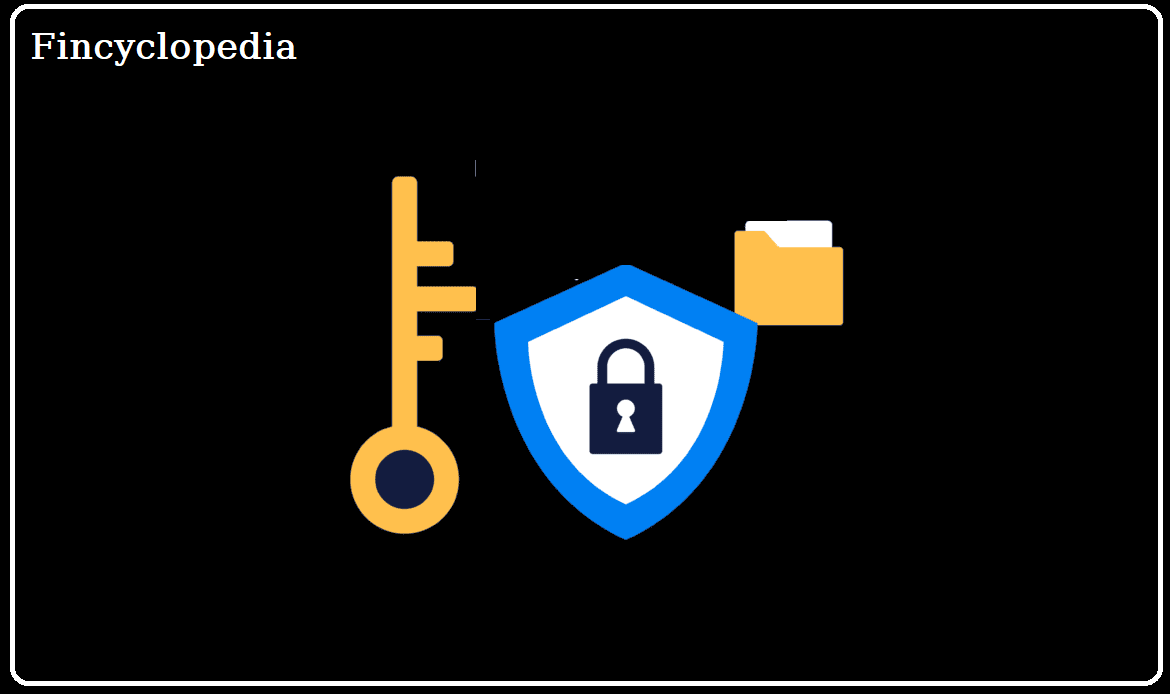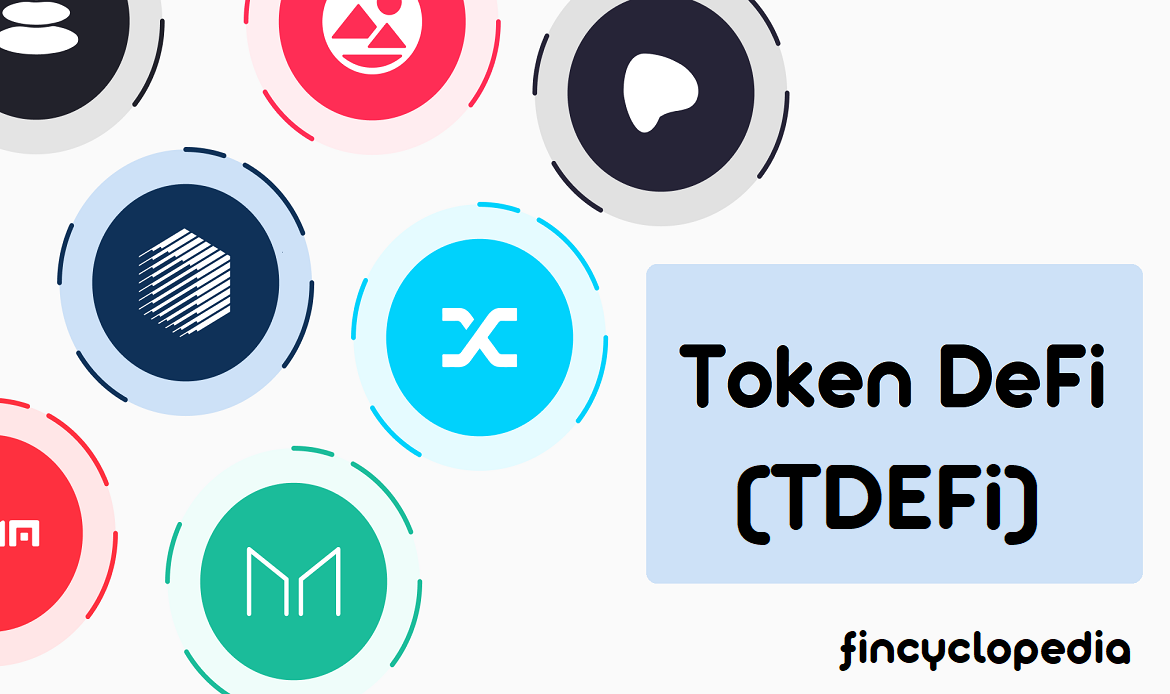An invoice factoring is a type of invoice finance where a company sells part or all of its outstanding invoices (accounts receivable) to a third party (known as a factor or factoring company) as a means by which it aims to improve its cash flow and revenue stability. A factoring company will pay a percentage of the invoiced amount immediately (e.g., 80%- 90% of stated value), then collect payment directly from the debtors (customers on credit). The difference between the stated value of the invoices and the selling value (the value or price for which these invoices are sold) constitutes the discount amount.
Depending on multiple factors, such as size of business and factoring partner, the pros and cons of an invoice factoring can be summarized as below:
Pros:
- Immediate access to monetary resources (e.g., cash) for the company.
- The approval process is easier and smoother than that of a traditional banking loans.
- Factoring depends on a company’s ability to utilize internal resources in a better way, rather than seeking banking lending based external resources. Hence, factoring does not impact a company’s credit score.
Cons:
- Impact on profit margins of the company.
- Additional costs, usually unexpected fees and charges, due to bad factoring experience.






